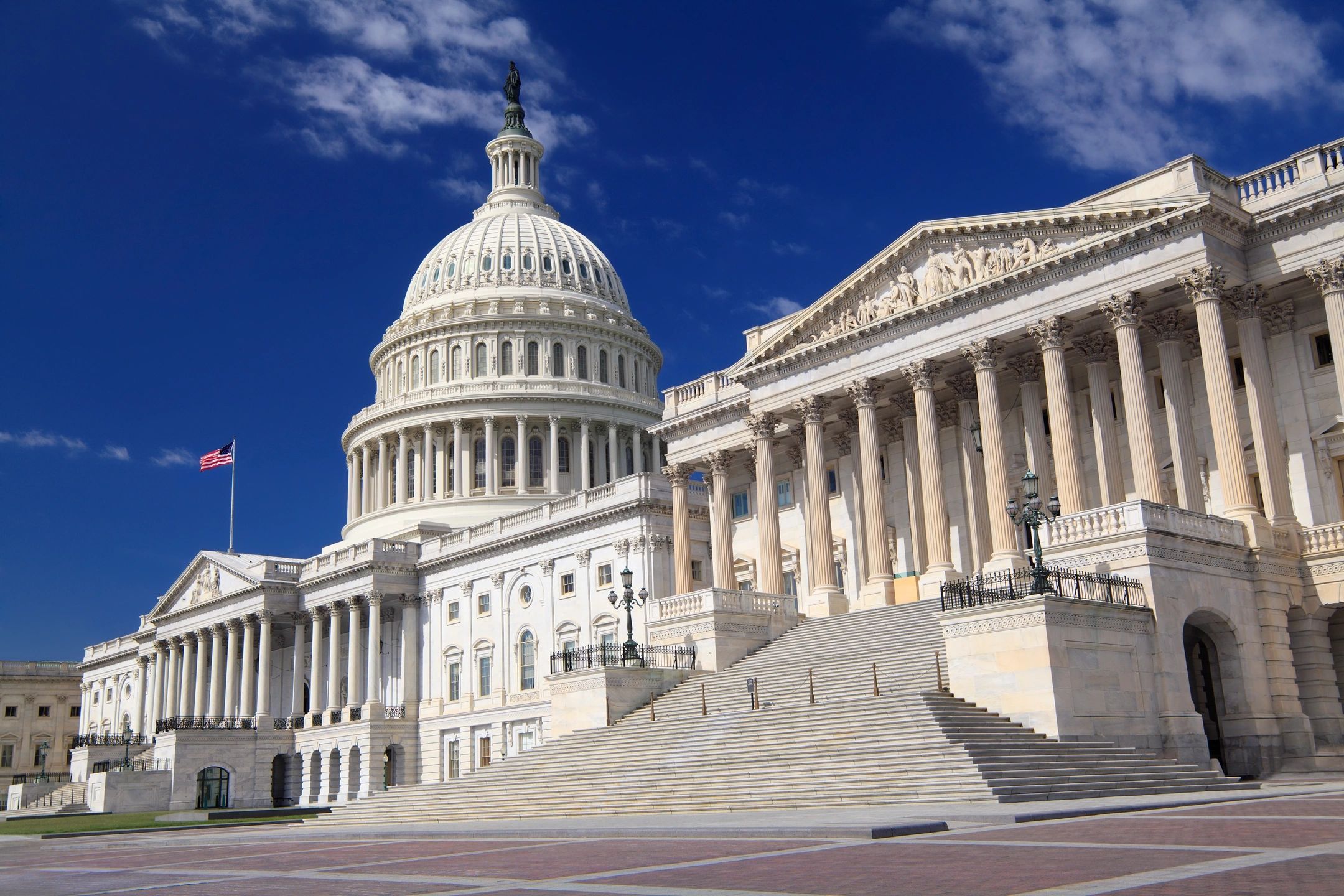From the fall of 1997 to the following summer, I lived in a YMCA in London (the one in the picture). My band and I were given residency in part to help influence other residents. This YMCA was packed full of people struggling with life. My next door neighbor was a drug addict and an anorexic – she could only walk down the hall by leaning against the wall. Many of the residents struggled with mental health issues. One man believed that he was the actor who played Darth Vader in Star Wars. He had forged an entire collection of letters and pictures to prove it! While many we lived with had problems beyond their control, some who lived in the YMCA were criminals. They stole what they wanted and played the benefits system to their own gain.
Being a band, we had lots of expensive equipment (PA system, instruments, merchandise etc.) all kept in a van. We knew that the parking lot was not a safe place to keep this stuff so we would haul the equipment to our rooms (this made our already tiny rooms even smaller). One day, before we had a chance to unload it, the van was stolen. The whole lot was gone.
This was devastating.
It was made worse by the fact that we knew full well who had stolen it and there was nothing we could do about it. Despite the best efforts of the police, there was simply no evidence to arrest the men who did it.
The men who did it lived in the YMCA. They were our neighbors.
One day, I remember getting into the elevator with some of them. I didn’t say anything, but one of them said, “it’s Robin Hood, innit?”
“What?” I asked.
“It’s Robin Hood. You know. He took from the rich and gave to the poor.”
Ah, the virtue of theft!
Before I could respond, he went on, “Anyway, this is a win-win situation.”
“How so?”
“Well, you have insurance, right?”
“Yes”
“Well, then, you get new stuff and we get your old stuff”
We got out of the elevator and I left it at that. I was infuriated, but there was nothing I could do. If I made trouble with these men, I would put myself and my fellow band-members at risk. I didn’t think telling the police would do any good either. The police would need more than my say-so for evidence.
The most troubling thing was that these men lived very well at the Y. They may not have been rich, but they had all they needed provided for them and, if they needed more, they took it. And they couldn’t care less about who they hurt in the process. Indeed, the man to whom I spoke seemed to think he had made us better off. He even felt that he was justified in stealing our stuff: “It’s Robin Hood, innit?”
Most of us, if we live long enough, will experience an injustice or observe a wicked action that, rather than leading to the demise of the one who commits it, leads instead to his prosperity. A criminal will get away with their evil-deed and will appear to have done well out of it.
This leads many people to think that doing the right thing isn’t worth it. Why bother if we can get away with doing bad things and prosper from them?
This is the question the psalmist attempts to answer in Psalm 73. Is being righteous worth it if the unrighteous prosper so much from their actions?
He begins with presenting an argument the conclusion of which is that being righteous is not worth it. “Surely God is good to Israel, to those who are pure in heart!” he says. But this can’t the be case: “but as for me, my feet came close to stumbling, My steps had almost slipped.” In other words, the psalmist can’t accept that God is good to holy people. What makes him think so? The answer is that it appears that those who have a happy life are not the righteous but the wicked:
For I was envious of the arrogant
As I saw the prosperity of the wicked.
For there are no pains in their death,
And their body is fat.
They are not in trouble as other men,
Nor are they plagued like mankind.
Therefore pride is their necklace;
The garment of violence covers them.
Their eye bulges from fatness;
The imaginations of their heart run riot.
They mock and wickedly speak of oppression;
They speak from on high.
They have set their mouth against the heavens,
And their tongue parades through the earth.
Therefore his people return to this place,
And waters of abundance are drunk by them.
They say, “How does God know?
And is there knowledge with the Most High?”
Behold, these are the wicked;
And always at ease, they have increased in wealth.
Surely in vain I have kept my heart pureAnd washed my hands in innocence;For I have been stricken all day long
And chastened every morning.
Then I perceived their end.
Surely You set them in slippery places;
You cast them down to destruction.
How they are destroyed in a moment!
They are utterly swept away by sudden terrors!
Like a dream when one awakes,
O Lord, when aroused, You will despise their form.
According to the psalmist, this is true of all those who continue to practice wickedness. They are being prepared for destruction.
When my heart was embittered
And I was pierced within,
Then I was senseless and ignorant;
I was like a beast before You.
Nevertheless I am continually with You;
You have taken hold of my right hand.
With Your counsel You will guide me,
And afterward receive me to glory.
Whom have I in heaven but You?
And besides You, I desire nothing on earth.
My flesh and my heart may fail,
But God is the strength of my heart and my portion forever.
For, behold, those who are far from You will perish;
You have destroyed all those who are unfaithful to You.
But as for me, the nearness of God is my good;
I have made the Lord God my refuge,
That I may tell of all Your works.



